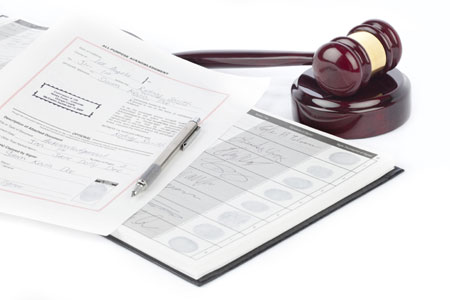
Errors and Omissions insurance can protect the Notary’s financial assets if the Notary makes a mistake while performing a notarial act. But watch out, because if you offer legal advice about a document, your E&O policy may not cover you for any resulting damages, as a real-life Notary’s claim from last year demonstrates.
The Notary was asked to notarize a signature on a customer’s last will and testament. During the notarization, the Notary advised the customer as to the number of witnesses that would be required to witness the signing of the will — and it turned out the advice the Notary gave was wrong.
As a result, after the customer passed away, the will could not be probated because it lacked the necessary number of witnesses. The Notary was contacted by an attorney alleging that the Notary had committed the unauthorized practice of law (UPL).
The Notary filed an E&O claim with the Notary’s insurance company, but the claim was denied because the Notary was not authorized under the term of its commission to give legal advice. Since the insurer determined that giving legal advice to a customer is not an authorized notarial act, there was no coverage under the E&O policy for UPL.
While the specific facts of each claim must be examined in accordance with applicable law and the provisions of the E&O policy to determine if coverage exists, Notaries who are not licensed attorneys representing clients specifically in their capacity as a lawyer should never instruct customers how to prepare documents or answer questions about the legal requirements or legal effects of any document. Even if you think you know what to do, if your advice causes problems for the document or the document’s signer, you could be held personally liable for the consequences.
The simplest way to avoid potential liability is to follow this advice: Never give advice of any kind. Providing unauthorized legal advice may not be covered under your Notary E&O policy and could potentially result in you paying hefty financial damages, being charged with a crime in some states, or having your commission suspended or revoked.
David Thun is an Associate Editor with the National Notary Association.